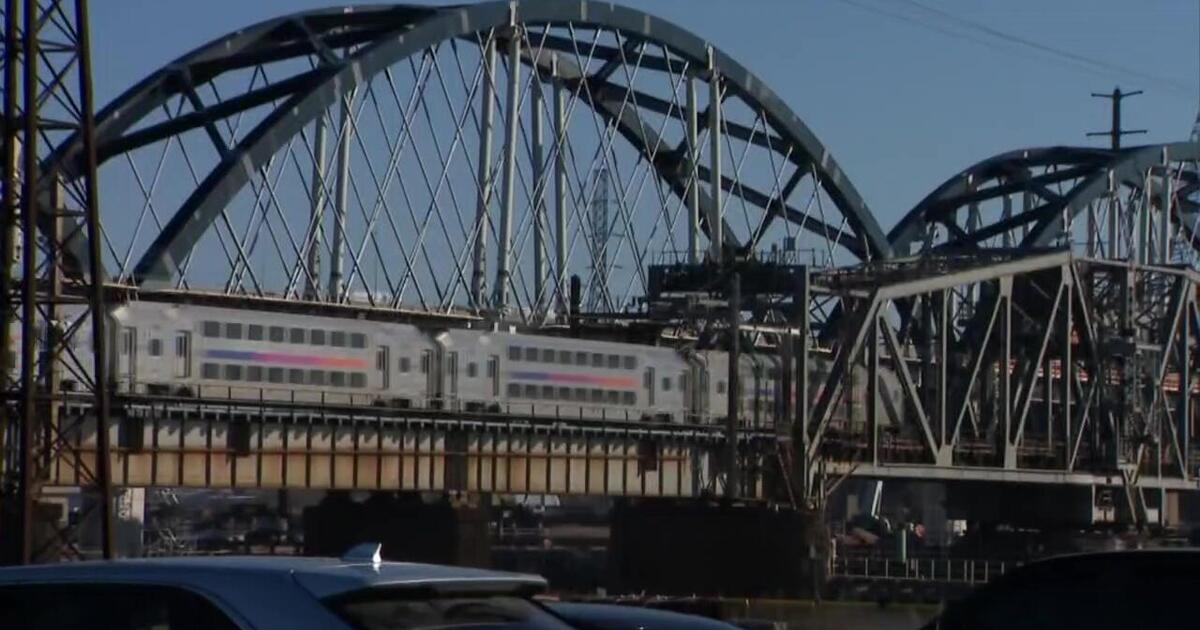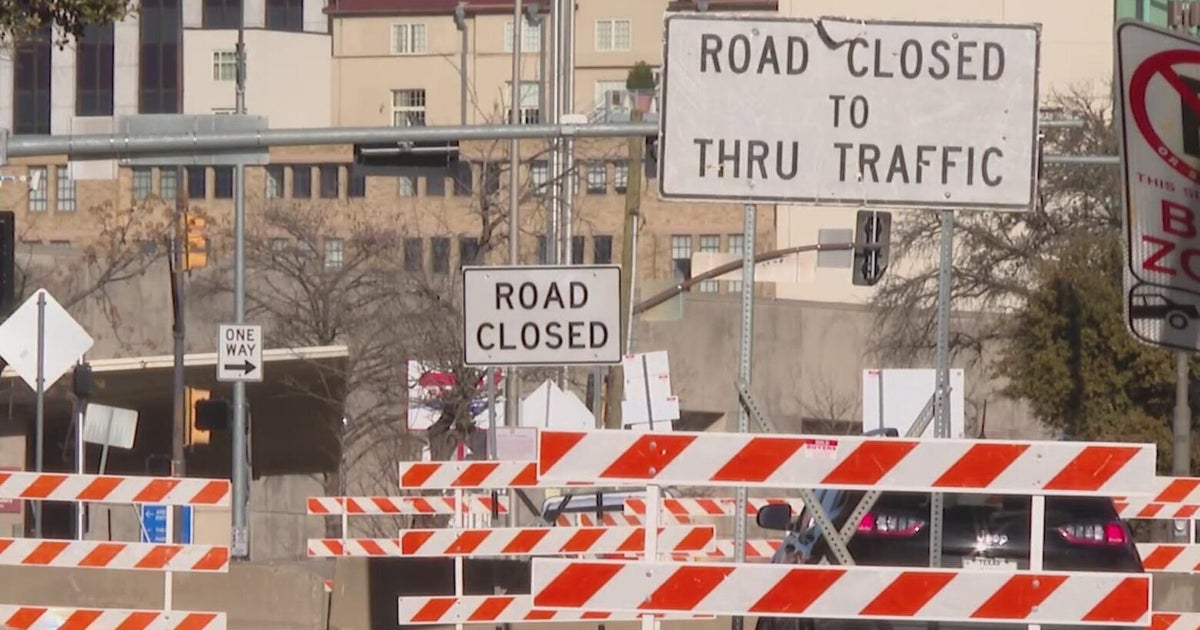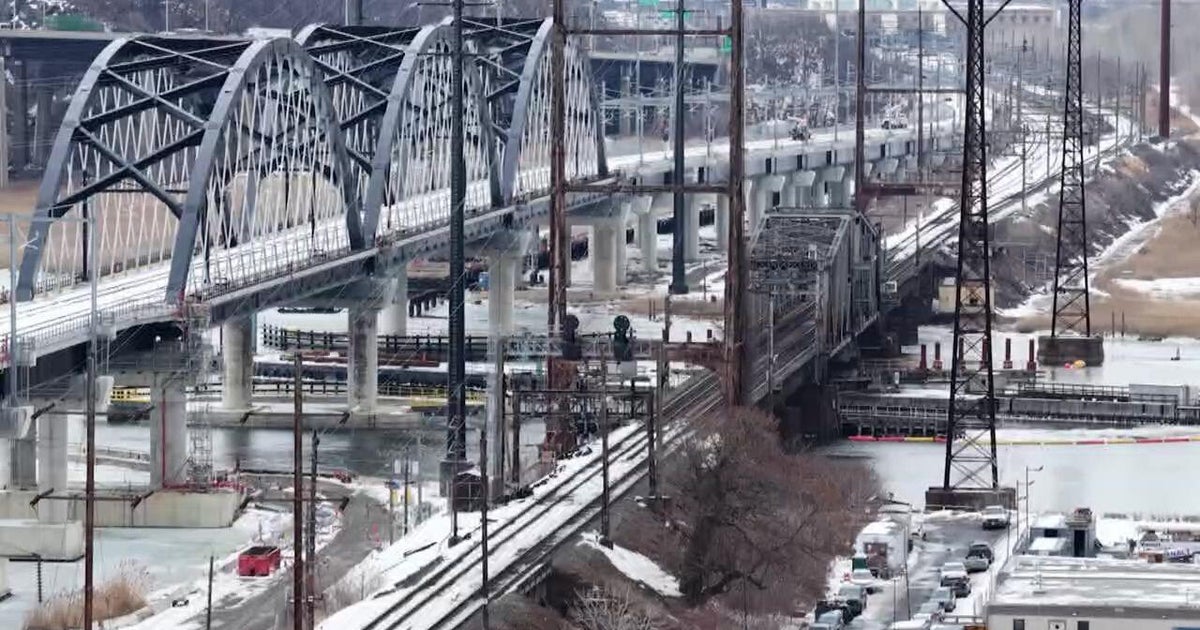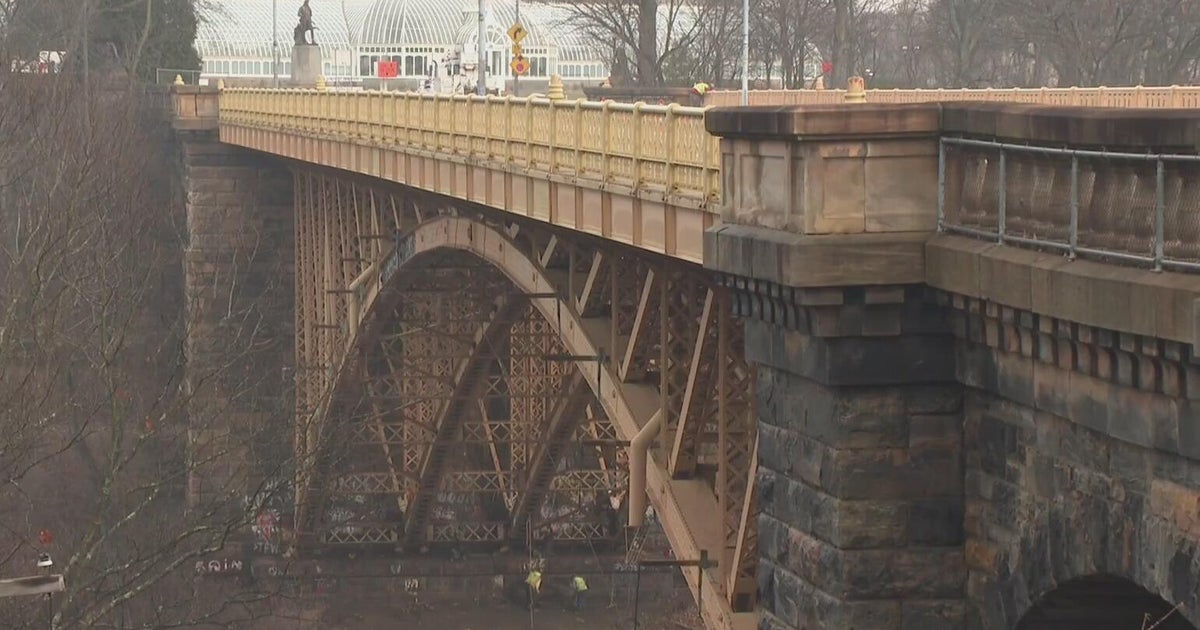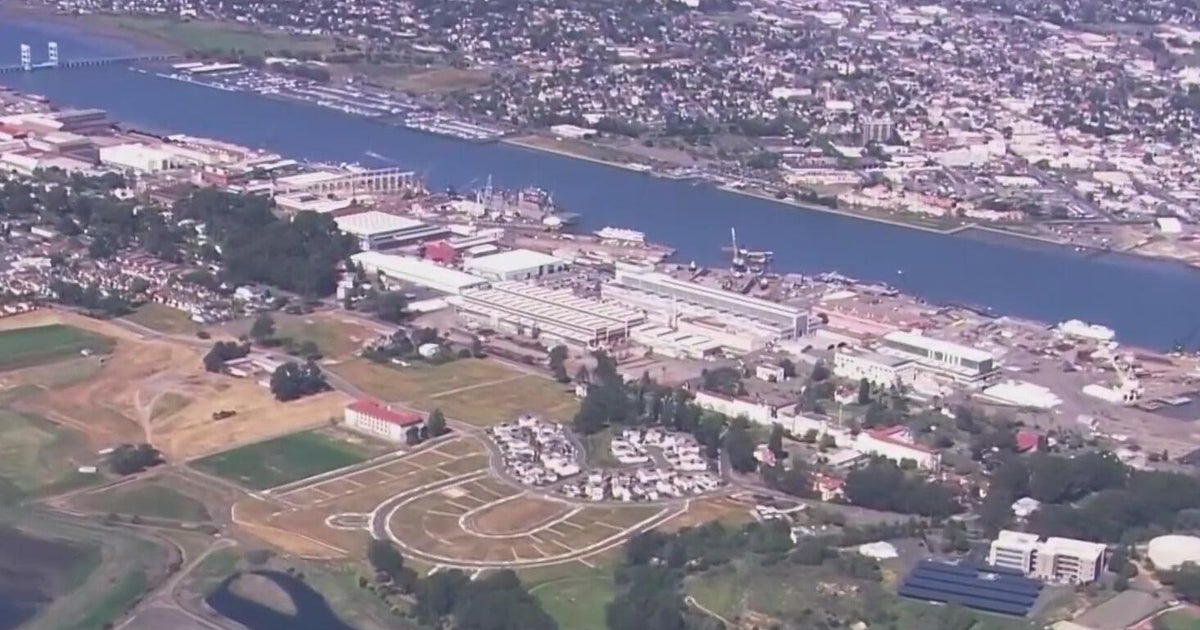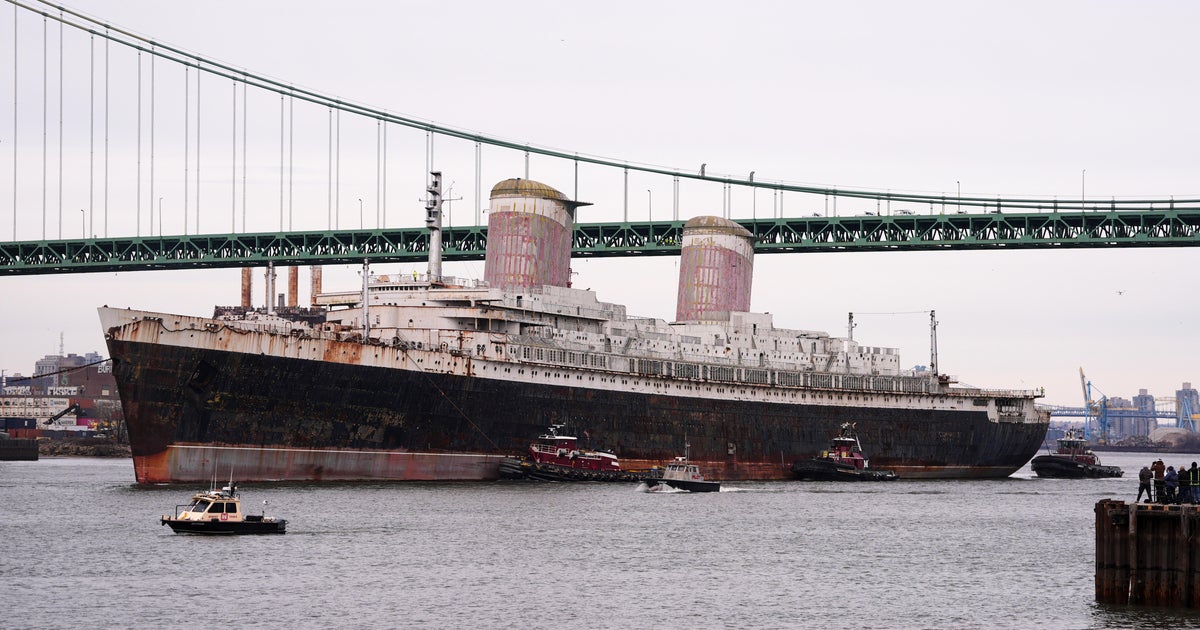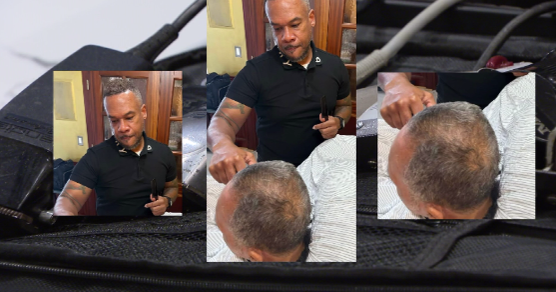Tugboat operators share personal challenges following the Key Bridge collapse
BALTIMORE-- Several industries were forced to slow down operations because of the collapse of the Key Bridge, including tugboat operators. Some are forced to sit and wait for the channel to be cleared.
WJZ went on a tugboat on Thursday to get a closer look at the ships now stuck at the docks and learn more about industries that are shutdown on the river.
Jordan McCluskey is the owner and operator of Upper Bay Assist, a tugboat company that assists coal barges coming in and out of the CSX Coal Pier to the Brandon Shores Power Plant in Curtis Bay. McCluskey has worked in the maritime industry for nearly two decades.
He used to begin his day driving over the Francis Scott Key Bridge from Sparrows Point to Curtis Bay where he operates an assist tugboat. His job is to drive alongside a barge, keeping it on course from the coal pier to the power plant, which is just miles down the Patapsco River.
At the pier, a barge loaded with coal sits idle, waiting to make the four-mile journey. Right now, secondary channels are opening to allow some ship traffic to resume; however, those channels are not as deep as the main channel, which is still blocked. The coal barge requires a deeper channel, meaning it will likely sit until the Dali and debris is cleared.
"You can see the numbers on the side of the draft," McCluskey explained while pointing out the ship's size. "Right there on the bow, that's at least 10 feet. [It is] down probably two to three more feet on the stern. That's 12-13 feet [deep] on the stern, so that's pushing it [using a secondary channel].
Aside from a few barges making it through the newly opened channels, the Port of Baltimore and surrounding industrial piers remain shut down. Many ships are stuck at the docks or are being diverted to other ports.
McCluskey said he spoke with other tugboat operators who have navigated the secondary channels. They told him it is much narrower than the main channel, which changes the way some operators are maneuvering in the water.
"They're a little leery about going through them," McCluskey said.
For now, his tugboats will stay docked and McCluskey will look on waiting for the main channel to clear. He's without tugboat work right now, as he gets paid per job. Despite this challenge, he says his family will be okay and says everyone is going through hardship right now.
As you take to the Patapsco River, you'll see what is left of the key bridge, work crews and law enforcement attempting to clear debris, and the Dali.
"You grow up your whole life seeing that bridge, you just get used to it. Now not to see it, it's just a surreal feeling," McCluskey said. "[I'm] just sad for everybody. Hopefully it just gets back rather quick, and everybody can go about their everyday life."
There's still a lot of uncertainty as to when tugboats like McCluskey's can get back out on the water, as operators anxiously wait on shore to get back to work.

